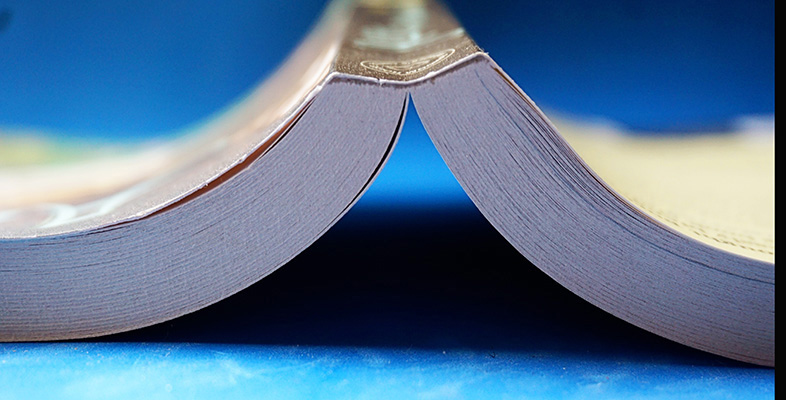1.3 MacLean's Celtic roots
MacLean was born in 1911 in Osgaig, a small township on the Isle of Raasay, adjacent to Skye, the larger island where he went to school. His childhood was dominated by a majestic landscape. The woods of Raasay and the peaks of the Cuillin Hills on Skye are as central to his poetic universe as the hills of Cumbria to Wordsworth's. His father and mother combined work on a small croft with a tailoring business. The latter was severely hit by the great depression of the 1930s, and the family's relative poverty had a powerful effect on MacLean's early life. He studied English literature, not Celtic, at Edinburgh University because it offered better job prospects, and after he took a first class degree, he trained as a teacher so that he could help to support his family, rather than going to Oxford and Cambridge as a research student. He returned to Skye as a teacher, then moved on to the Isle of Mull, and then back to Edinburgh in 1939. In late 1940 he entered the Army. He was wounded three times in the North African campaign – the third experience at the Battle of El Alamein ended his war, since many of the bones in his feet were broken. After convalescence he returned to teaching English in Edinburgh, but in 1956 he went as headmaster to Plockton Secondary School in Wester Ross, a post from which he retired in 1972. For the greater part of his life, he was a hard-pressed and devoted teacher. Most of his poetry was produced in his twenties and thirties, during a long-term crisis when love affairs and politics tortured him equally.
MacLean was powerfully affected in the 1930s by his admiration for the poetry in Scots of Hugh MacDiarmid, whose close friend he became. Just as MacDiarmid brought into the faltering tradition of Scots verse the consciousness – philosophical and political – of avant-garde Europe, so MacLean revolutionised Gaelic poetry.
Gaelic, of which there are Scots and Irish variants, has the longest continuous literary tradition of any European tongue. It was in no sense a primitive or undeveloped medium.
Elaborate verse forms and complex patterns of rhyming (both internal rhyme and end-rhyme) were nourished by a very rich vocabulary. Its lexicon was adequate, in the 1930s, to express a modern consciousness: ‘I've invented a neologism once or twice, but very few’, MacLean has said (in Ross and Hendry, 1986, p. 216). It would seem, though, that MacLean's handling of the tongue owes less to his deep reading in the published Gaelic tradition of ‘high’ poetry than to oral influences.
Though MacLean cannot sing, his family were musically gifted. From his earliest years he was devoted to the songs of his people. ‘I am convinced’, he wrote, ‘that Scottish Gaelic song is the chief artistic glory of the Scots, and of all people of Celtic speech, and one of the greatest artistic glories of Europe’. He referred, in particular, to the songs ‘of the two and a half centuries between 1550 and 1800 – the songs in which ineffable melodies rise like exhalations from the rhythms and resonances of the words’. He detected in them ‘the simultaneous creation of words and music’ (Ris a’ Bhruthaich, 1985, p. 106). You will notice, listening to the recording, that his manner of reading his verse is highly declamatory. Many who have heard him have found the sound of his verse immensely moving, though they are without Gaelic. It has been inferred that he wrote poetry of such oral power precisely because, frustratingly, he could not sing. Yeats, whose verse certainly influenced MacLean, also declaimed his verse in an incantatory fashion, and was ‘tone deaf’.
Another important influence on MacLean was the Free Presbyterian Church, dominant in the Gaelic-speaking areas after it split from the Free Church of Scotland in 1893. Though at a very early age MacLean rejected its doctrines in favour of socialism, he defends it against Lowlanders and others who sneer at its strict practices, which include a complete prohibition of social and private pleasures on Sunday. Unaccompanied Gaelic psalm singing, fiercely passionate, is a feature of Free Presbyterian worship and MacLean has paid tribute to the powerful tradition of Gaelic preaching. Scholars have shown that much of his own poetry is saturated in the vocabulary of this strenuous, sincere and deeply emotional tradition.
